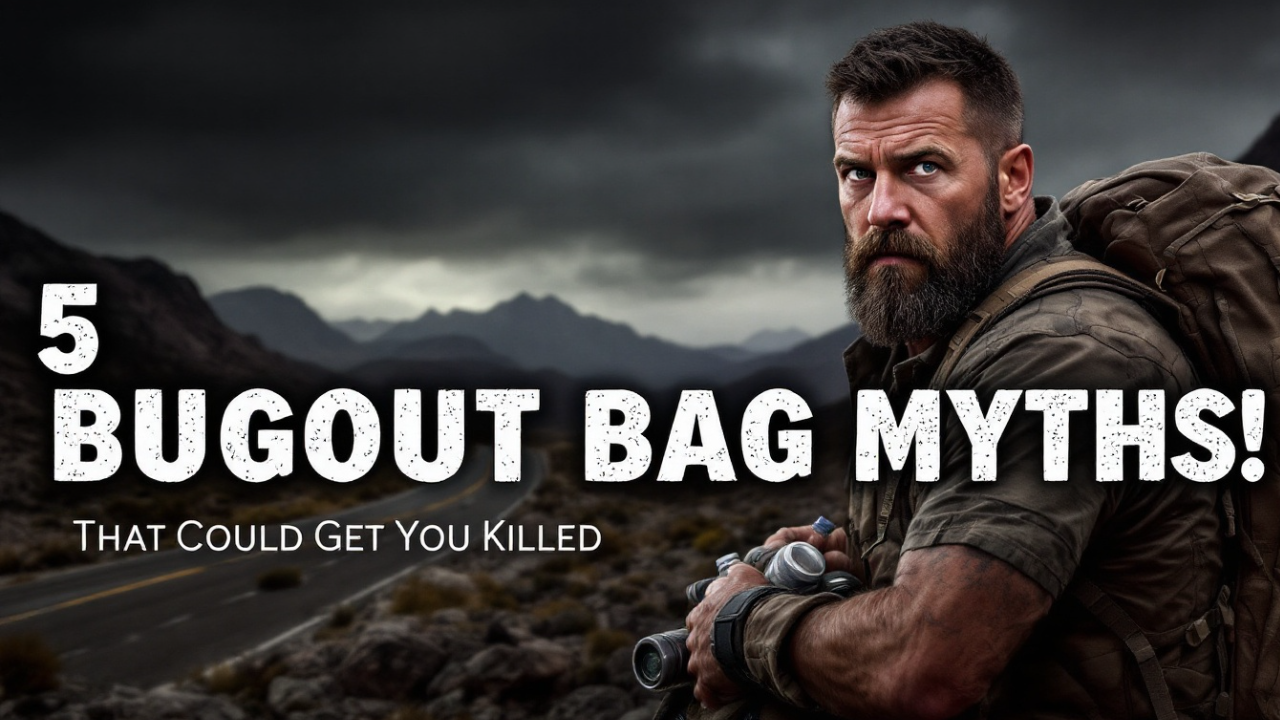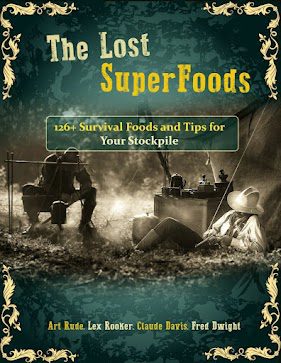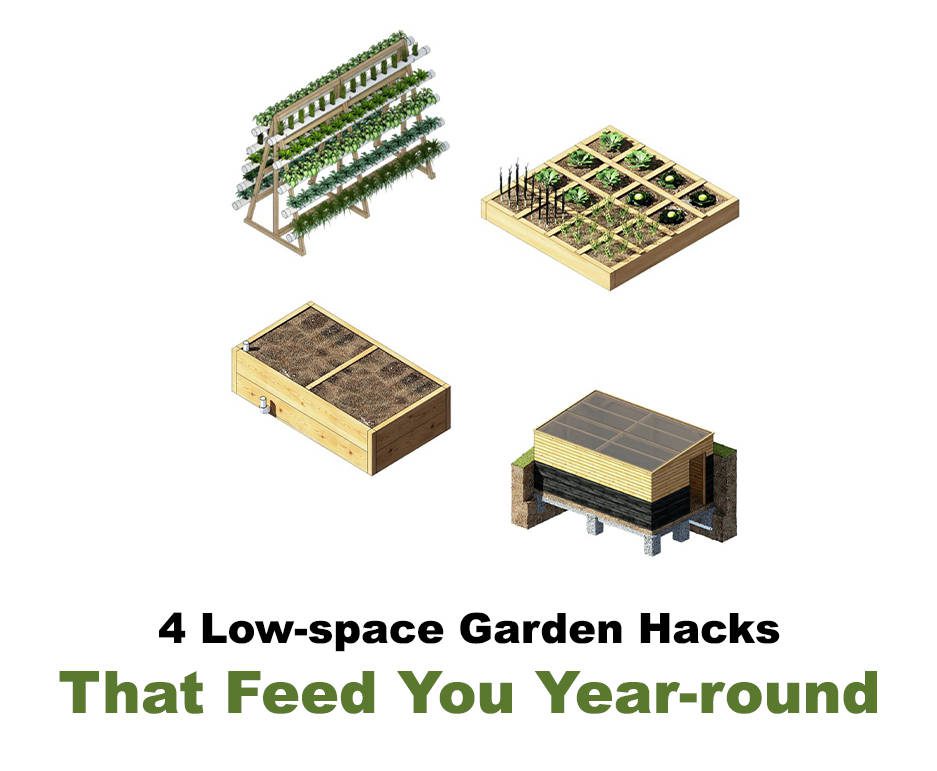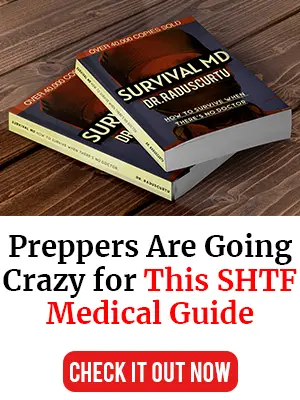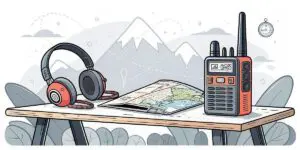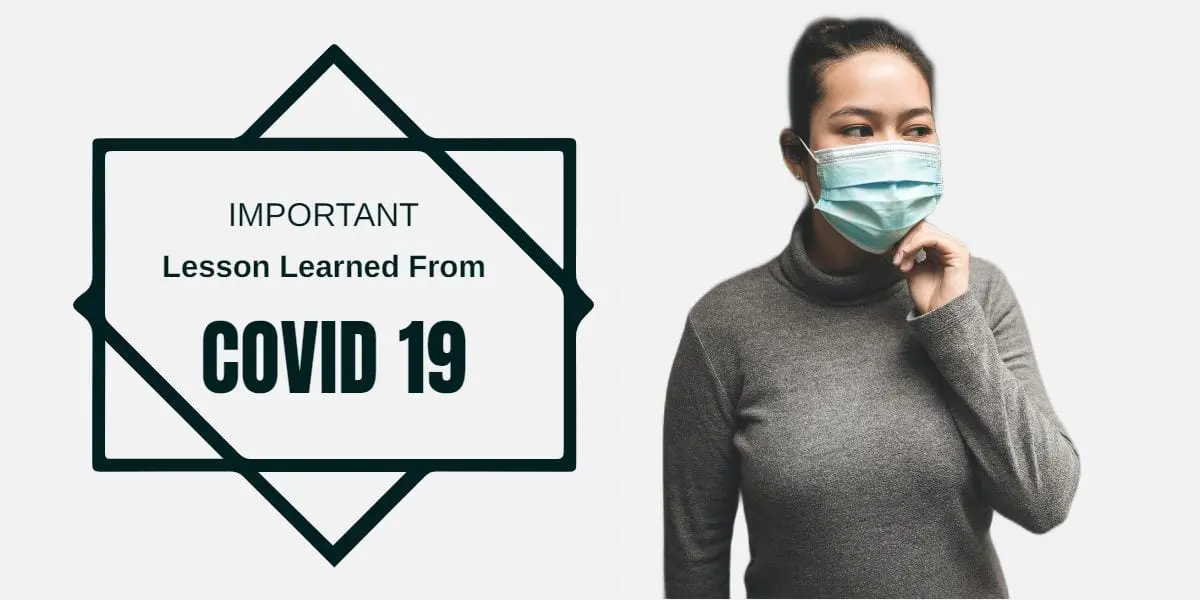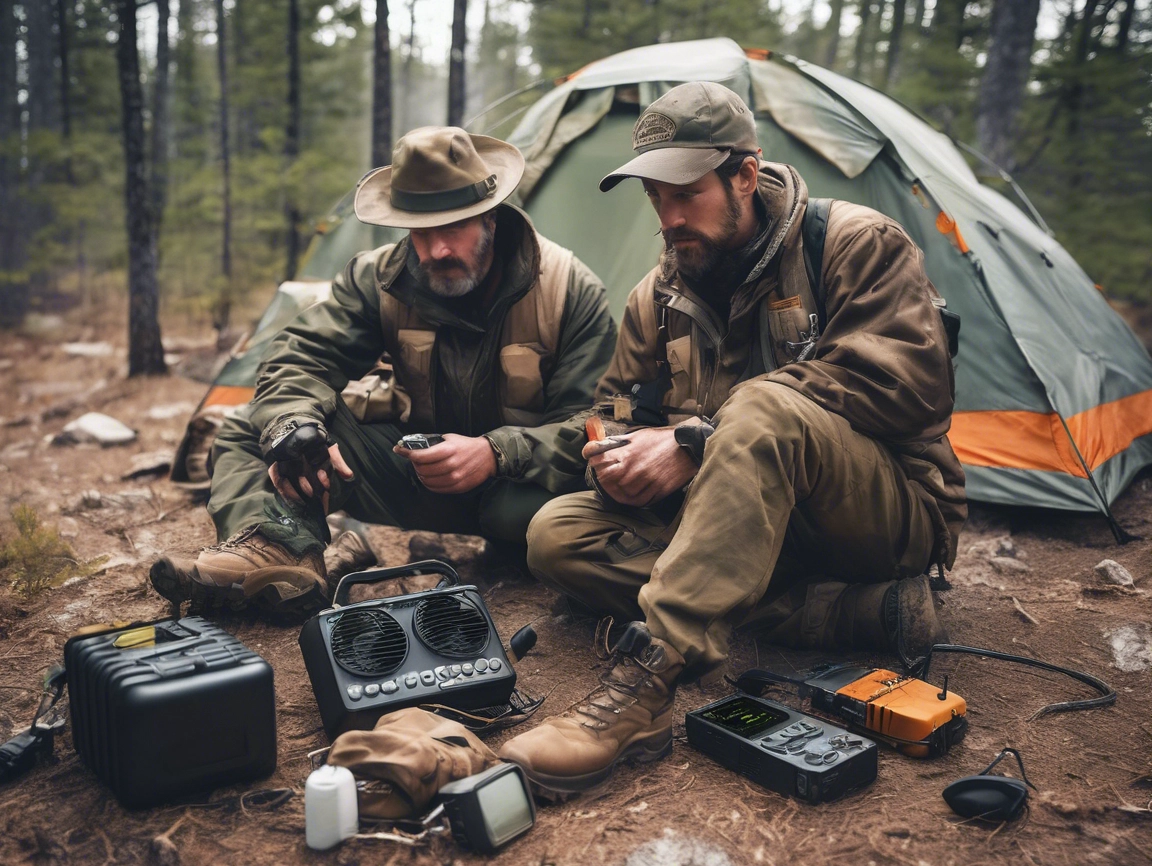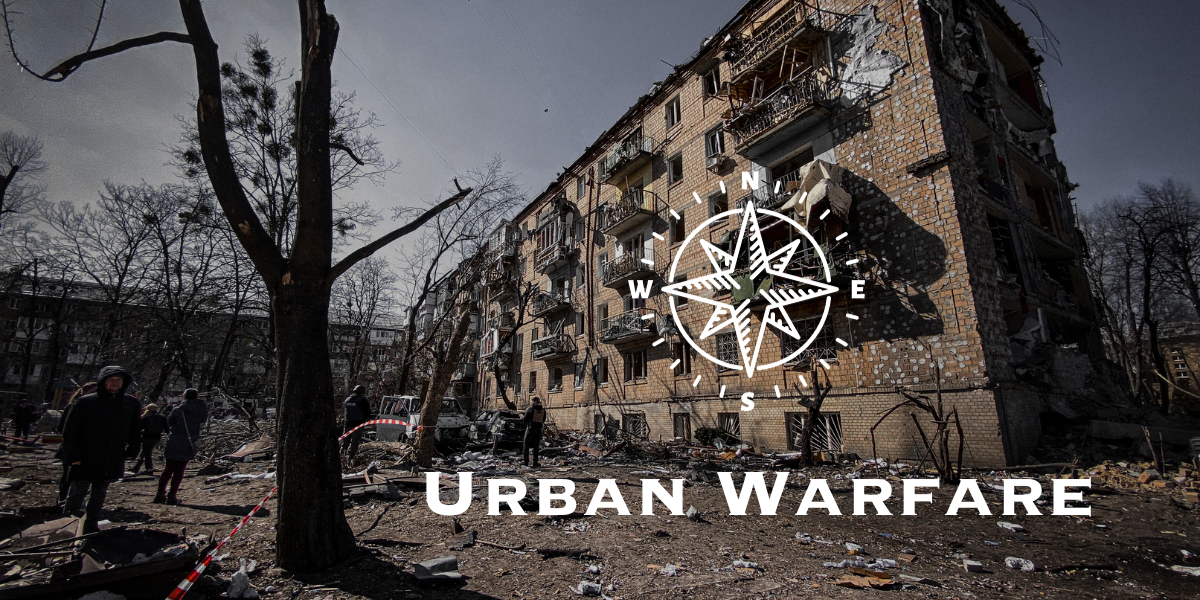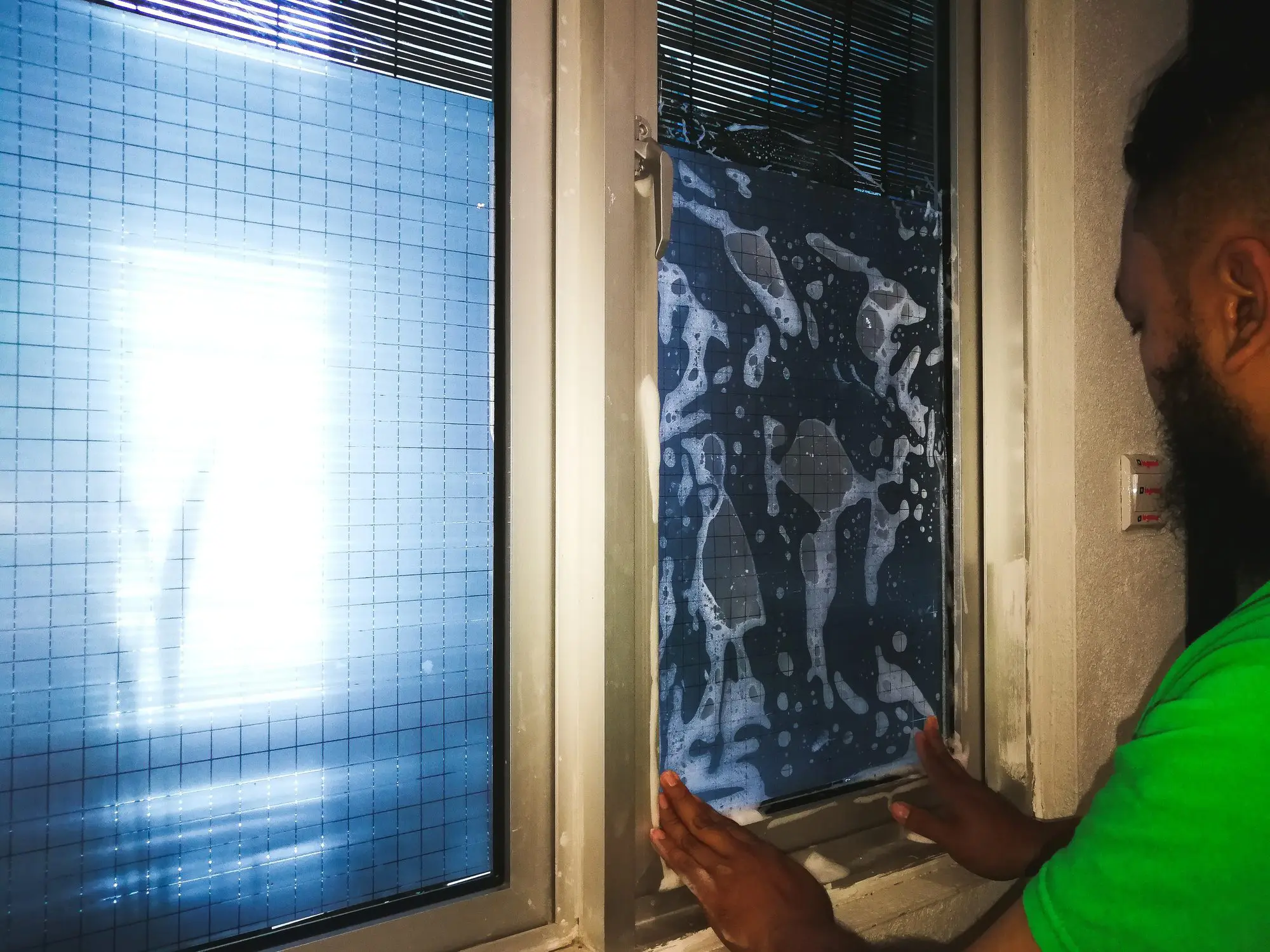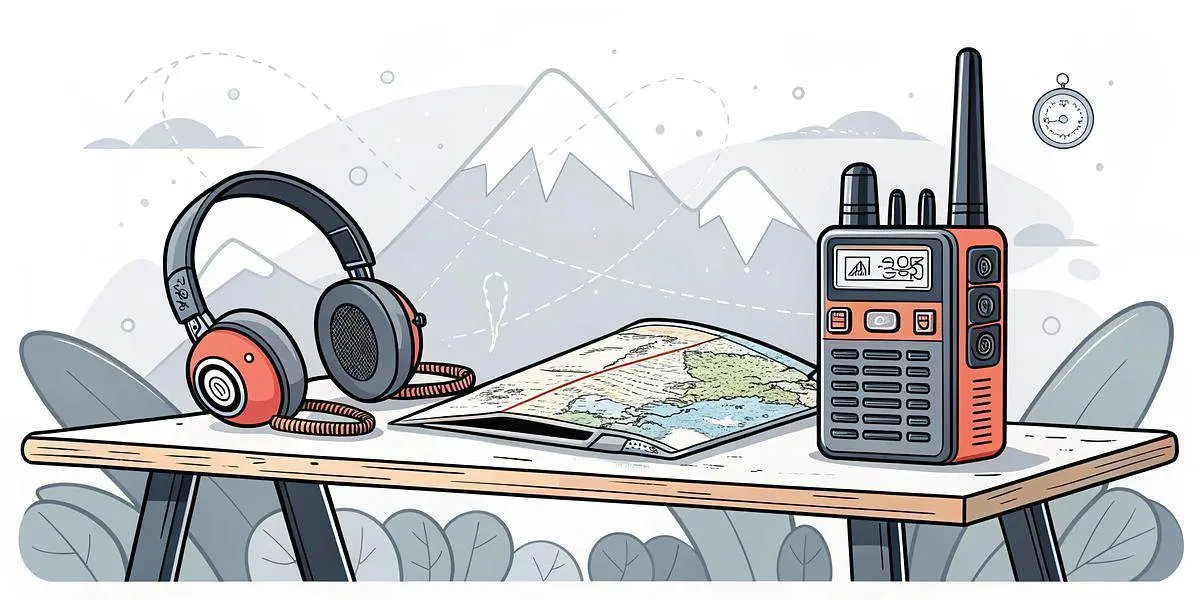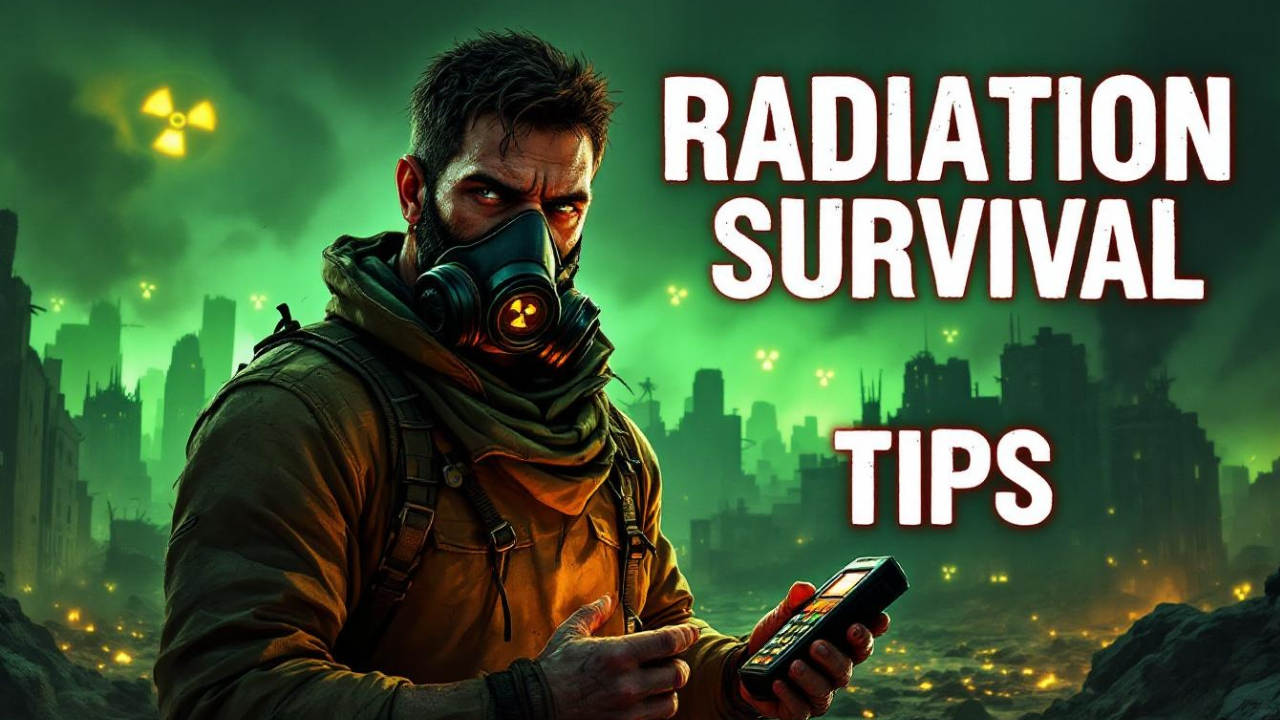Introduction
The concept of “bugging out” often portrayed in movies—where individuals or families escape chaos by retreating to a cabin in the woods—may sound appealing, but the reality is far more complex and fraught with dangers. It’s crucial to analyze the misconceptions surrounding bugging out and to consider safer and more realistic strategies for survival during a crisis.
The Flawed Myth of Easy Escape
One common myth is that you can simply hop in your car and drive to safety when disaster strikes. This notion overlooks the fact that during an emergency, everyone else is likely attempting the same thing. Roads quickly become congested, turning escape routes into frustrating parking lots. Furthermore, fuel shortages and damage to infrastructure can make navigating these routes exceedingly risky.
The Case for Staying Home
Instead of fleeing, staying home can often be the safer choice. Familiar surroundings provide a sense of security and allow for better preparedness. You have immediate access to supplies, a controlled environment, and the ability to monitor local conditions. Rather than broadcasting your preparedness while on the road, a low profile at home can help you avoid unnecessary risks.
The Wilderness Isn’t a Safe Haven
Another misconception is that fleeing to the wilderness offers safety from urban chaos. In reality, surviving in the wild is considerably challenging and filled with dangers, from harsh weather to competition with others for resources. The comforts and hygiene of home make it a much safer place, freeing you to focus on essential survival tasks rather than merely surviving.
The Myth of Living Off the Land
Living off the land sounds enticing but is fraught with challenges. Foraging and hunting require skill and practice—skills that many people overestimate. A well-stocked pantry provides not only sustenance but also peace of mind during uncertain times.
Training Over Instinct
Survival skills can’t be mastered through instinct or watching a few survival shows. They require consistent practice and dedicated training. Basic skills like first aid, fire-starting, and navigation are essential and need to be honed before a crisis strikes.
Rethinking the Bugout Bag
While a bugout bag can be helpful in emergencies, it should not be your only survival plan. Your home can store bulk supplies and provide long-term security. The emphasis should be on making your home a well-prepared base rather than relying solely on a backpack for survival. Of course, moving to a bug-out location (pre setup place) is a best option for some, but I would say still not the majority.
Conclusion
Ultimately, the romanticized notion of bugging out oversimplifies the complexities of emergencies. Rethinking your survival strategy to prioritize home preparation, essential skills, and layered preparedness techniques can vastly improve your chances of remaining safe and secure during a crisis. Stay informed, prioritize your family’s needs, and prepare adequately to face any uncertainties that may arise.

